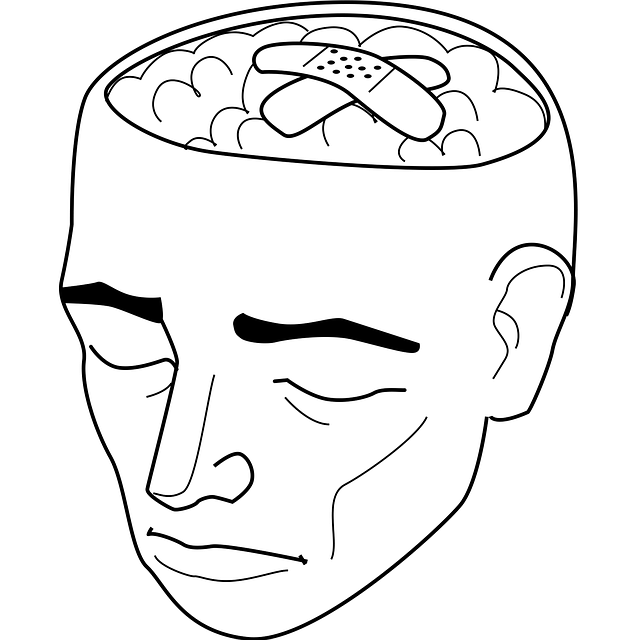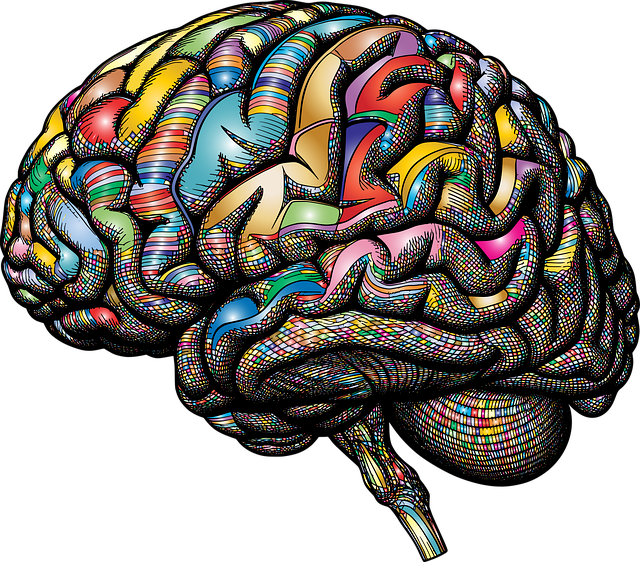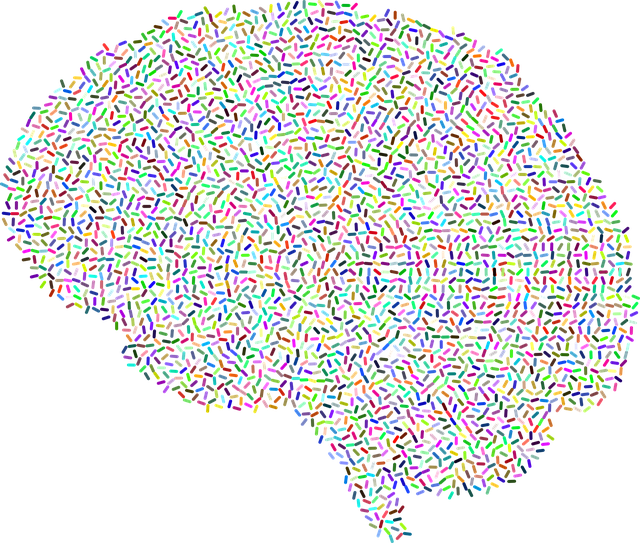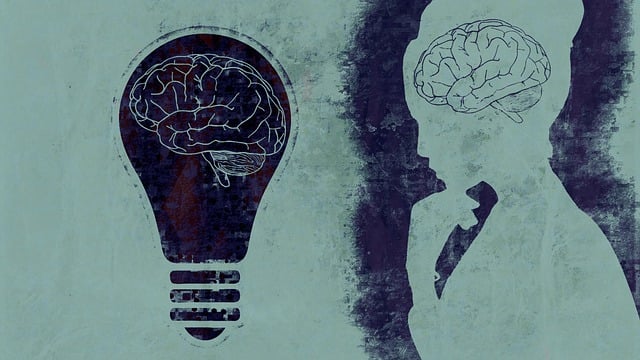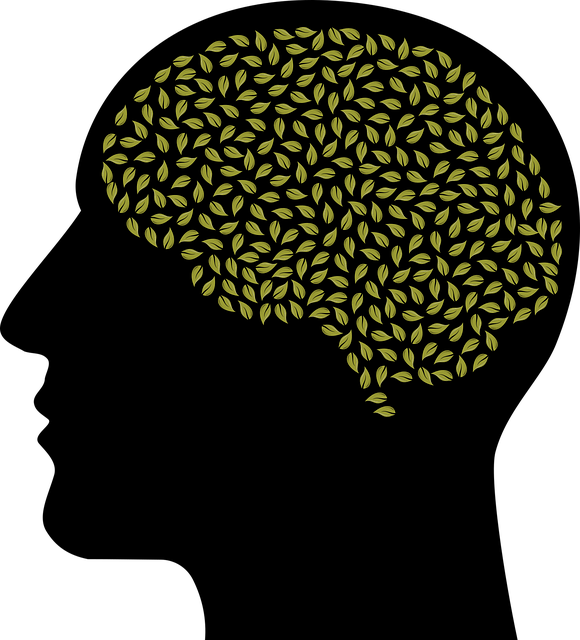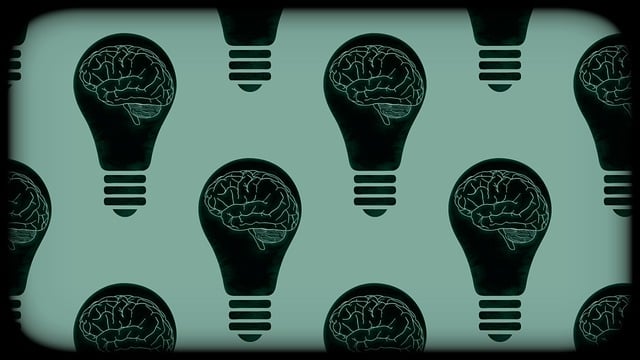Centennial Autism Spectrum Disorder Therapy offers supportive mental wellness groups, emphasizing open dialogue and peer learning through Mind Over Matter principles. Trained professionals create an inclusive environment using interactive activities tailored to individual needs, fostering resilience and self-awareness. Safe spaces encourage confidential communication and non-verbal expression, promoting meaningful connections. The holistic approach includes crisis intervention, progress tracking, and personalized interventions, empowering individuals on the autism spectrum to enhance their mental wellness.
“Unleashing the Power of Supportive Groups for Individuals with Autism Spectrum Disorder (ASD) – A Comprehensive Guide. This article delves into the transformative potential of mental wellness groups, specifically tailored for the ASD community. We explore effective facilitation techniques to foster engagement and healing. From creating safe spaces to measuring progress, discover strategies that empower group leaders in fostering inclusive environments. Unlock the benefits of Centennial Autism Spectrum Disorder Therapy through this insightful guide.”
- Understanding Mental Wellness Groups for Individuals with Autism Spectrum Disorder (ASD)
- Essential Facilitation Techniques for Group Sessions
- Creating a Safe and Inclusive Environment: Strategies for Group Leaders
- Measuring Success and Promoting Recovery in ASD Therapy Groups
Understanding Mental Wellness Groups for Individuals with Autism Spectrum Disorder (ASD)

Mental wellness groups play a pivotal role in supporting individuals with Autism Spectrum Disorder (ASD) by fostering a sense of community and understanding. These groups, often facilitated by trained professionals, recognize the unique challenges that folks on the autism spectrum face. By bringing together like-minded individuals, these sessions promote a safe space for open dialogue, encouraging members to share their experiences and learn from one another. This peer support network is particularly beneficial in challenging societal perceptions and fostering a deeper sense of belonging.
Centennial Autism Spectrum Disorder Therapy employs Mind Over Matter principles to empower individuals with ASD, focusing on the power of positive thinking as a tool for coping and growth. The facilitation techniques prioritize creating an inclusive environment where every member feels valued, encouraging active participation through interactive activities and discussions tailored to their needs. Moreover, healthcare providers involved in these groups undergo cultural competency training to ensure they understand the nuances of autism, thereby enhancing the overall therapeutic experience.
Essential Facilitation Techniques for Group Sessions

In facilitating mental wellness group sessions for individuals on the Autism Spectrum, such as those with Centennial Autism Spectrum Disorder (ASD), there are several essential techniques to ensure a supportive and engaging environment. Firstly, establishing clear ground rules and expectations sets the tone for the group. This includes outlining the confidentiality of sharing, defining respectful communication, and setting boundaries for acceptable behavior. By doing so, participants feel secure knowing their privacy is respected and they can openly engage.
Additionally, incorporating interactive activities tailored to the needs of the ASD community is vital. These might include visual aids, structured discussions, or practical exercises that promote self-awareness and coping strategies. Encouraging open dialogue while providing a safe space for non-verbal communication can facilitate meaningful connections among members. Stress Reduction Methods and Self-Care Practices are best introduced through interactive workshops, allowing participants to learn and practice techniques suitable for managing stress and enhancing overall well-being. Such sessions can be organized by the therapy group to empower individuals with practical tools, fostering a sense of agency in their mental wellness journey.
Creating a Safe and Inclusive Environment: Strategies for Group Leaders

Creating a safe and inclusive environment is paramount for effective group facilitation, especially when working with diverse individuals on the autism spectrum or those navigating trauma. Group leaders play a crucial role in fostering a sense of belonging and acceptance. One strategy involves establishing clear boundaries and rules from the outset, ensuring everyone understands their rights and responsibilities. This includes promoting active listening, encouraging respectful communication, and teaching conflict resolution techniques to manage potential disagreements. By implementing these practices, group facilitators create a supportive atmosphere where participants feel valued and heard.
Additionally, incorporating inclusive activities and recognizing individual strengths can enhance the overall experience. Group leaders can organize sessions that celebrate diversity, incorporate diverse cultural perspectives, and adapt activities to cater to different learning styles. Such approaches not only strengthen the therapeutic process but also contribute to the development of public awareness campaigns, highlighting the unique contributions of individuals with autism spectrum disorders. This inclusive environment encourages participants to build resilience, develop social skills, and cultivate a positive sense of self, ultimately enhancing their overall mental wellness.
Measuring Success and Promoting Recovery in ASD Therapy Groups

Measuring success and promoting recovery in ASD therapy groups is a multifaceted process that goes beyond mere symptom reduction. At Centennial Autism Spectrum Disorder Therapy, we leverage tailored facilitation techniques to assess progress and foster sustainable growth. By integrating Inner Strength Development activities into our sessions, we encourage participants to cultivate coping strategies and build resilience. This holistic approach not only enhances Mental Health Awareness but also equips individuals with the tools to navigate challenges effectively.
Our facilitators provide Crisis Intervention Guidance when needed, ensuring a safe space for emotional expression and processing. Regularly scheduled check-ins and progress reports allow us to track individual growth, adjust treatment plans, and celebrate milestones. This continuous evaluation enables us to tailor interventions precisely, ensuring each participant receives the support they need on their unique journey towards recovery.
Mental wellness groups play a pivotal role in supporting individuals with Autism Spectrum Disorder (ASD) by fostering community, understanding, and therapeutic growth. By employing effective facilitation techniques, creating safe spaces, and measuring progress, group leaders can significantly enhance the recovery journey for those navigating ASD. The strategies outlined in this article, including strategies tailored to Centennial Autism Spectrum Disorder Therapy, offer a comprehensive framework for group leaders to make a lasting impact on the mental wellness of their participants.
